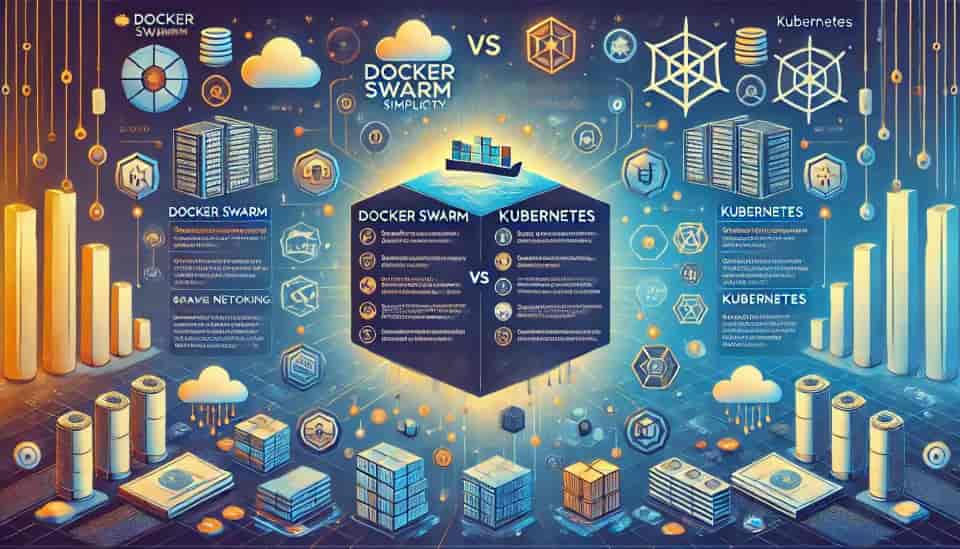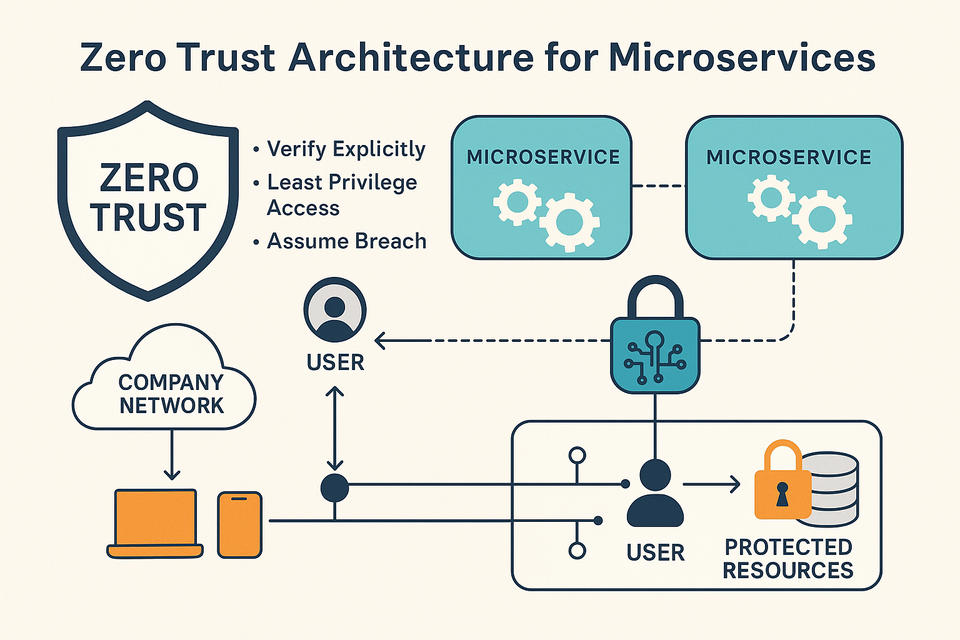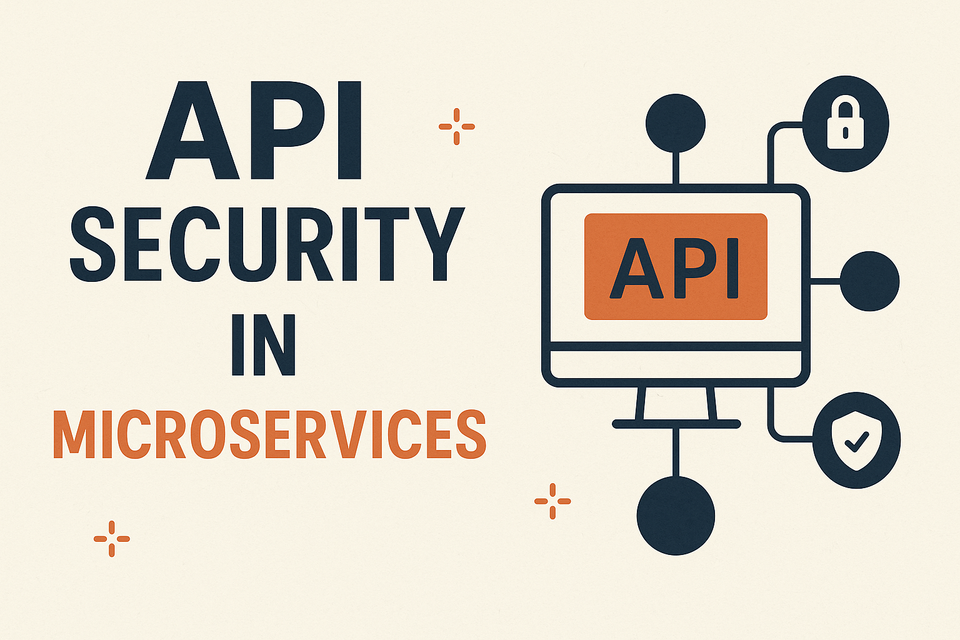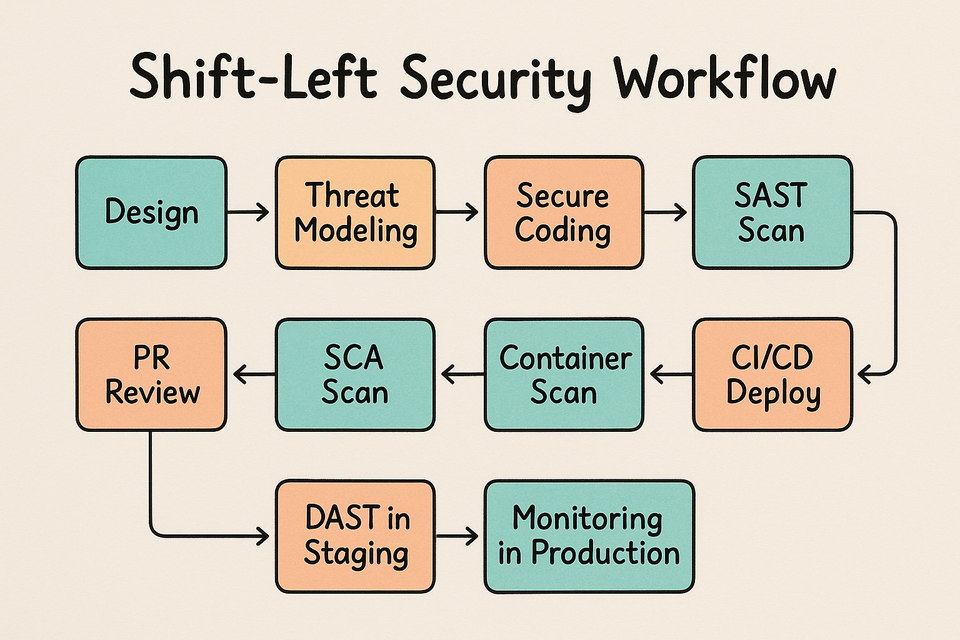Choosing Between Docker Swarm and Kubernetes for Container Management
Dive into the features, differences, and synergies of Docker Swarm and Kubernetes, essential tools for container orchestration. This guide helps you choose the right solution for your infrastructure needs.

In this article, explore the core features and differences between Docker Swarm and Kubernetes. Discover which orchestration tool suits your project’s complexity and scale, ensuring optimal scalability and operational efficiency for your applications.
A Closer Look at Docker Swarm
Docker Swarm, initially built into Docker, effectively transforms a group of Docker hosts into a single, virtual entity. Since Mirantis acquired it in 2019, the tool has been consistently maintained and supported, which is an essential consideration for users exploring orchestration solutions within the Docker framework.
Key Features of Docker Swarm:
- Declarative Configuration and Scaling: With Swarm, you can declare your desired state, allowing services to scale automatically, which streamlines application deployment and management.
- Rolling Updates: This feature enables you to perform progressive updates without any downtime, thereby enhancing service continuity.
- Networking: Docker Swarm simplifies networking, providing easy inter-container communication along with integrated load balancing.
For more in-depth information about Docker Swarm under its current management, visit the Mirantis official documentation on Docker Swarm.
Unpacking Kubernetes
Kubernetes, developed by Google, is a sophisticated platform crafted to manage intricate containerized applications across diverse environments, making it particularly well-suited for dynamic and large-scale deployments.
Key Features of Kubernetes:
- Auto-scaling: It automatically adjusts the number of containers in response to demand, ensuring optimal resource utilization.
- Self-healing: Kubernetes is designed to automatically address the failure of containers or nodes, minimizing service disruptions.
- Storage Orchestration: This feature automates the connection of storage based on application requirements, supporting a wide variety of storage backends.
Discover more about Kubernetes on its official site.
In-Depth Comparison: Docker Swarm vs. Kubernetes
- Networking Capabilities
- Docker Swarm: Employs a straightforward overlay network that is user-friendly and supports basic load balancing functions.
- Kubernetes: Features a robust networking model that accommodates complex strategies such as network policies for enhanced security and integration with service meshes for microservices architectures.
- Storage Solutions
- Docker Swarm: While it provides basic volume management, it lacks advanced features such as automatic provisioning.
- Kubernetes: Supports dynamic volume provisioning through Persistent Volumes and StorageClasses, catering to a wider range of storage needs and configurations.
- Security Implementations
- Docker Swarm: Offers fundamental security features including TLS encryption and role-based access control.
- Kubernetes: Delivers comprehensive security configurations, with robust role-based access control, pod security policies, network policies, and Secrets management.
- Integration with Other Tools
- Docker Swarm: Works seamlessly within the Docker ecosystem, making it a convenient choice for users familiar with Docker tools.
- Kubernetes: Provides extensive integration capabilities with popular CI/CD tools, monitoring systems like Prometheus, and logging solutions like Fluentd, enhancing its adaptability in complex setups.
- Future Roadmap and Community Support
- Docker Swarm: Although still supported, development activity has been relatively limited compared to Kubernetes.
- Kubernetes: Rapidly evolves, bolstered by a large and active community contributing numerous plugins and tools.
Making the Right Choice
Your decision between Docker Swarm and Kubernetes often hinges on the complexity and scale of your project:
- Docker Swarm is optimal for simpler, smaller-scale operations or for those deeply embedded in the Docker ecosystem.
- Kubernetes shines for complex, large-scale applications that require advanced resiliency, scalability, and dynamic orchestration.
By understanding the strengths of each platform, you can align your choice with your operational needs and strategic objectives, ensuring that your infrastructure not only supports but also elevates your applications.



